 |
 |
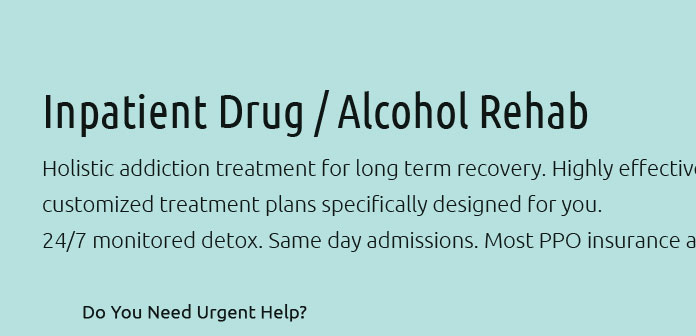 |
 |
 |
 |
||
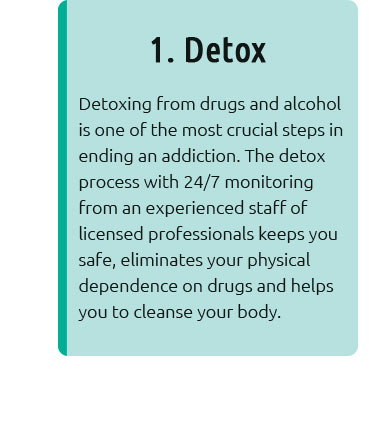 |
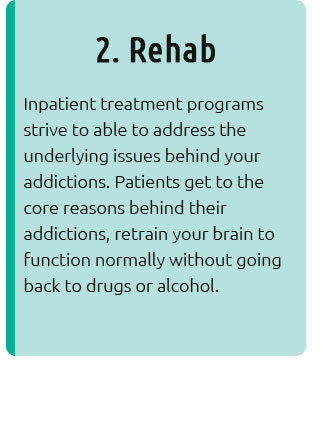 |
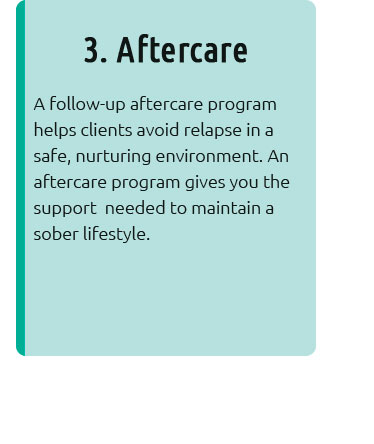 |
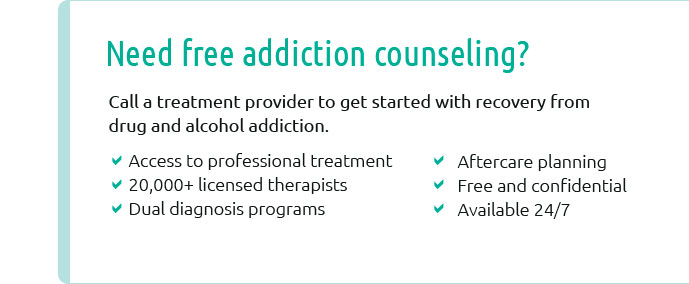 |
 |
 |
 |
||
 |
||
 |
||
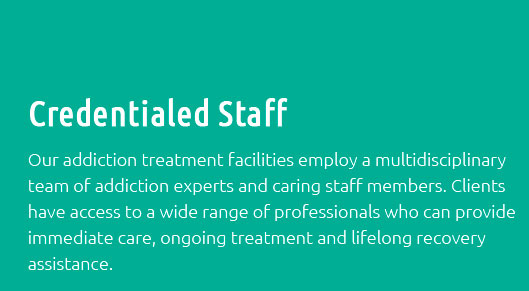 |
 |
 |
|
 |
|
Understanding Inpatient Recovery: A Comprehensive OverviewIn the realm of health and wellness, the concept of inpatient recovery often stands as a cornerstone for those grappling with severe health challenges, requiring a structured and supportive environment to facilitate healing. This approach, rooted deeply in medical traditions, offers a sanctuary where individuals can focus solely on recovery, free from the distractions and stresses of everyday life. The process of inpatient recovery is multifaceted, aiming not just to address the physical ailments but also to cater to the emotional and psychological needs of patients. Facilities that provide inpatient care are typically equipped with a range of resources designed to aid recovery, including access to medical professionals, therapeutic interventions, and peer support. These environments are meticulously curated to promote healing and ensure that every patient receives personalized care tailored to their unique circumstances.
Despite its many advantages, inpatient recovery isn't without its challenges. The decision to enter such a program requires careful consideration, as it involves stepping away from one's daily life, which can be daunting. However, for many, the benefits far outweigh the drawbacks, offering a pathway to recovery that is both comprehensive and compassionate. In conclusion, inpatient recovery serves as a beacon of hope for those seeking a transformative healing experience. Its holistic approach, combining medical, emotional, and social support, provides a robust framework for recovery, empowering individuals to reclaim their lives with renewed vigor and purpose. As with any healthcare decision, it's imperative to weigh the options carefully, consult with healthcare providers, and consider personal circumstances to make the most informed choice possible. https://recoverycentersofamerica.com/inpatient/
Learn more about inpatient rehab for drugs and alcohol, a fully-immersive and intensive addiction treatment option. https://www.addictions.com/rehabs/south-carolina/greenville/
Find the best drug rehabs in Greenville, SC in 2024. Filter by inpatient, outpatient, insurance accepted, and more to find the right ... https://recoverycentersofamerica.com/locations/greenville/
Are you or a loved one looking fro Greenville addiction treatment? Don't delay. Call us to learn more about RCA Greenville addiction rehab.
|